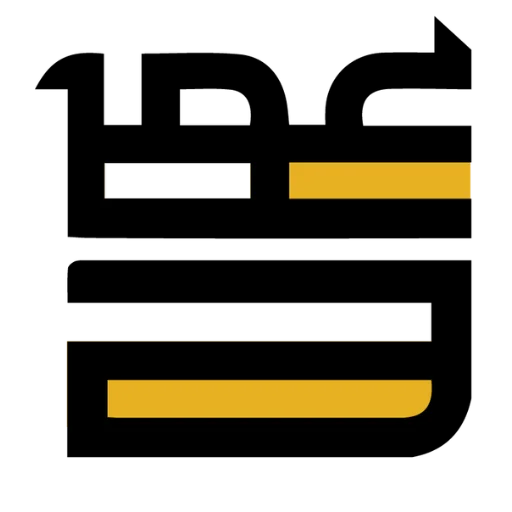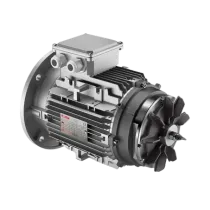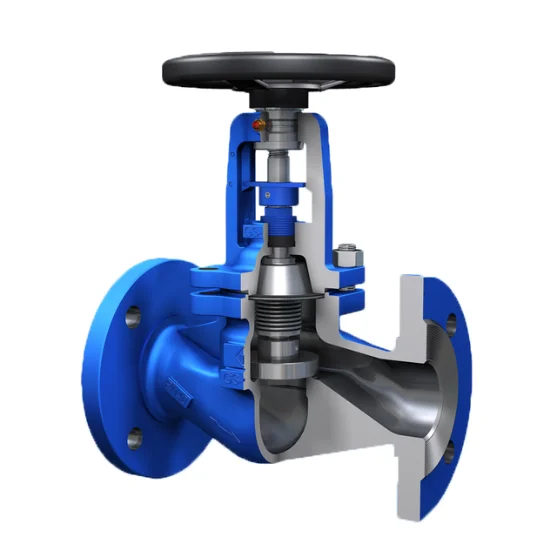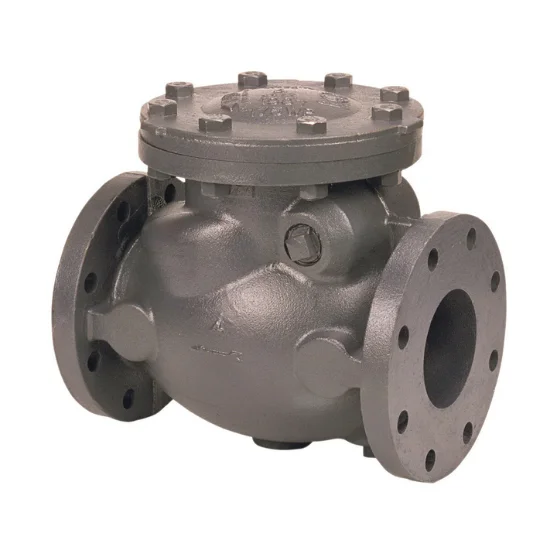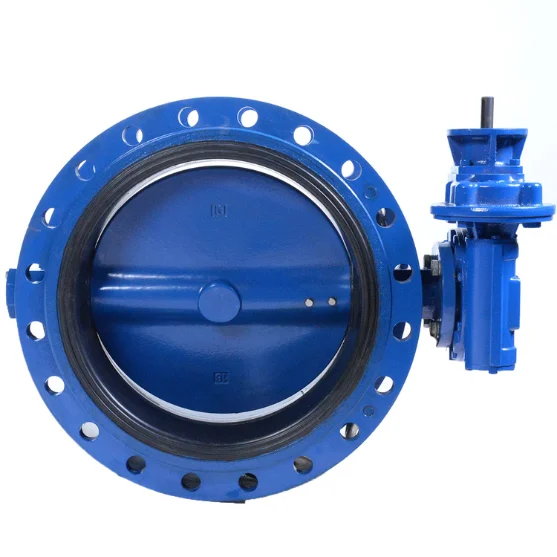Siemens in Iraq
Siemens: A Comprehensive Overview
Siemens is a global technology powerhouse that operates in various industries, including energy, healthcare, transportation, and manufacturing. The company was founded in Berlin, Germany in 1847 by Werner von Siemens and Johann Georg Halske. Since then, Siemens in Iraq has expanded its operations worldwide and has become a leading provider of innovative solutions for customers around the globe.
Why us?

This is the price to beat

Crack team

Play in the big leagues

A cornucopia of options
Services
Lorem ipsum dolor sit amet, consectetur adipiscing elit. Ut elit tellus, luctus nec ullamcorper mattis, pulvinar dapibus leo.
Lorem ipsum dolor sit amet, consectetur adipiscing elit. Ut elit tellus, luctus nec ullamcorper mattis, pulvinar dapibus leo.
Lorem ipsum dolor sit amet, consectetur adipiscing elit. Ut elit tellus, luctus nec ullamcorper mattis, pulvinar dapibus leo.
Lorem ipsum dolor sit amet, consectetur adipiscing elit. Ut elit tellus, luctus nec ullamcorper mattis, pulvinar dapibus leo.
سوالات متداول شما درباره .....
زیر عنوان ........
اگر شما یک طراح هستین و یا با طراحی های گرافیکی سروکار دارید به متن های برخورده اید که با نام لورم ایپسوم شناخته میشوند. لورم ایپسوم یا طرحنما (به انگلیسی: Lorem ipsum) متنی ساختگی و بدون معنی است که برای امتحان فونت و یا پر کردن فضا در یک طراحی گرافیکی و یا صنعت چاپ استفاده میشود. طراحان وب و گرافیک از این متن برای پرکردن صفحه و ارائه شکل کلی طرح استفاده میکنند.
اگر شما یک طراح هستین و یا با طراحی های گرافیکی سروکار دارید به متن های برخورده اید که با نام لورم ایپسوم شناخته میشوند. لورم ایپسوم یا طرحنما (به انگلیسی: Lorem ipsum) متنی ساختگی و بدون معنی است که برای امتحان فونت و یا پر کردن فضا در یک طراحی گرافیکی و یا صنعت چاپ استفاده میشود. طراحان وب و گرافیک از این متن برای پرکردن صفحه و ارائه شکل کلی طرح استفاده میکنند.
اگر شما یک طراح هستین و یا با طراحی های گرافیکی سروکار دارید به متن های برخورده اید که با نام لورم ایپسوم شناخته میشوند. لورم ایپسوم یا طرحنما (به انگلیسی: Lorem ipsum) متنی ساختگی و بدون معنی است که برای امتحان فونت و یا پر کردن فضا در یک طراحی گرافیکی و یا صنعت چاپ استفاده میشود. طراحان وب و گرافیک از این متن برای پرکردن صفحه و ارائه شکل کلی طرح استفاده میکنند.
اگر شما یک طراح هستین و یا با طراحی های گرافیکی سروکار دارید به متن های برخورده اید که با نام لورم ایپسوم شناخته میشوند. لورم ایپسوم یا طرحنما (به انگلیسی: Lorem ipsum) متنی ساختگی و بدون معنی است که برای امتحان فونت و یا پر کردن فضا در یک طراحی گرافیکی و یا صنعت چاپ استفاده میشود. طراحان وب و گرافیک از این متن برای پرکردن صفحه و ارائه شکل کلی طرح استفاده میکنند.
Siemens Products
Siemens is a major player in the Iraqi market, offering a wide range of products and services across various sectors. Here are some of the key products Siemens provides in Iraq:
- Energy:
- Power generation: Siemens is a leading supplier of power generation equipment in Iraq, including gas turbines, steam turbines, generators, and transformers. Recent projects include the 840 MW power plant in Maisan, which will deliver electricity to over 3 million Iraqis. Siemens in Iraq has been a long-standing partner in the country for over 80 years, contributing to various infrastructure projects.
- Power transmission and distribution: Siemens provides a comprehensive portfolio of products and solutions for the efficient transmission and distribution of electricity, including substations, power transformers, and switchgear. In 2023, Siemens signed contracts with the Iraqi Ministry of Electricity for 13 new substations and 35 power transformers to strengthen the country’s energy grid.
- Renewable energy: Siemens is also active in the renewable energy sector in Iraq, offering solutions for solar, wind, and hydroelectric power generation.
- Industry:
- Industrial automation: Siemens offers a wide range of industrial automation solutions, including process control systems, drives, and automation software. These solutions help to improve efficiency, productivity, and safety in industrial operations.
- Building technologies: Siemens provides energy-efficient building technologies, including heating, ventilation, and air conditioning (HVAC) systems, and building automation systems. These technologies help to reduce energy consumption and create comfortable and sustainable living and working environments.
- Transportation: Siemens offers a variety of transportation solutions, including railway technology, traffic management systems, and logistics software. These solutions help to improve the efficiency and safety of transportation networks.
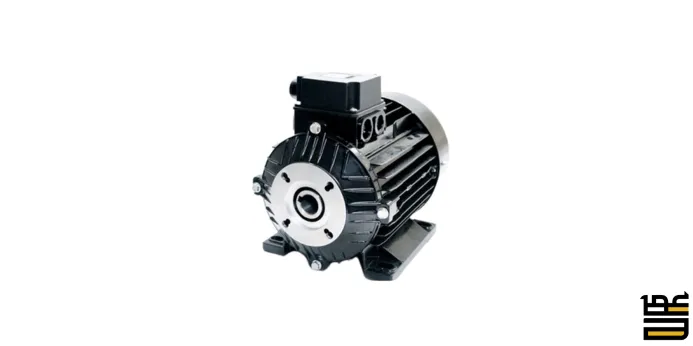
History
Siemens has a rich history that spans over 170 years. The company was founded in Berlin, Germany in 1847 by Werner von Siemens and Johann Georg Halske. Initially, the company focused on telegraphy and electrical engineering. Over the years, Siemens expanded its operations to include various industries, including energy, healthcare, transportation, and manufacturing.
In the oil and gas and petrochemicals industry, Siemens has a long history of providing innovative solutions to customers around the world. Through collaboration with leading companies across key industries, the company has empowered them to unlock operational excellence and drive exponential productivity gains. Siemens in Iraq has built a strong reputation for delivering high-quality energy and infrastructure solutions, earning the trust of the Iraqi government and private sector.
Siemens has a global presence, with operations in more than 200 countries and regions around the world. In Iraq, Oman, Middle East, and Türkiye, Siemens provides industrial tools and equipment to the oil and gas and petrochemicals industries. By forging strong partnerships with leading companies in diverse industries, the company has become a trusted advisor, helping them achieve operational efficiency and unlock unprecedented productivity breakthroughs.
Applications in Petrochemicals
Siemens is a global leader in providing technology and solutions for the petrochemical industry. They offer a wide range of products, services, and expertise that can help petrochemical companies improve their efficiency, productivity, and safety.
- Automation and control systems:
Distributed control systems (DCS): Siemens offers a range of DCS solutions, such as SIMATIC PCS 7, which helps petrochemical companies automate their production processes and improve plant performance. Siemens in Iraq is currently involved in several key projects, including the development of a national power grid, the construction of new power plants, and the modernization of existing infrastructure.
Process analyzers: Siemens provides a wide range of process analyzers that help petrochemical companies monitor and control their processes.
Industrial networks: Siemens’ industrial networks, such as PROFINET and Industrial Ethernet, connect devices and systems across the petrochemical plant, enabling real-time data transfer and remote monitoring.
- Drives and motors:
Electric motors: Siemens offers a wide range of electric motors for use in the petrochemical industry, including high-efficiency motors and explosion-proof motors.
Variable-speed drives (VSDs): Siemens’ VSDs help petrochemical companies optimize their processes by controlling the speed of their motors.
Gearboxes: Siemens provides a range of gearboxes to meet the specific needs of the petrochemical industry.
- Instrumentation and process analytics:
Field devices: Siemens offers a wide range of field devices, such as pressure transmitters, temperature transmitters, and flow meters, which provide critical data for process control.
Analytical instruments: Siemens provides a range of analytical instruments, such as gas chromatographs and mass spectrometers, that help petrochemical companies analyze their products and processes.
Software: Siemens offers a range of software solutions for process analytics, such as SIMATIC Process Historian and COMOS, which help petrochemical companies manage and analyze their data.
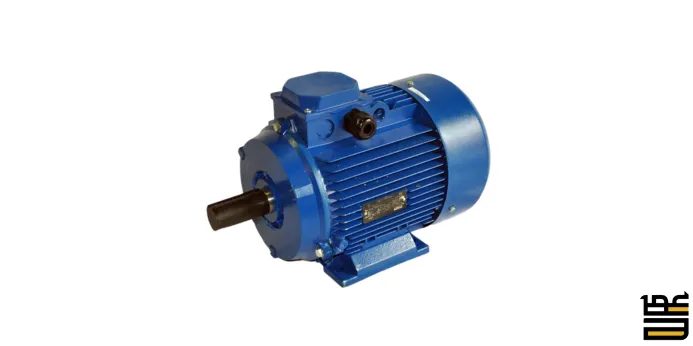
Siemens operates in several business segments, including:
Siemens’ products for the petrochemical industry are designed to meet the specific needs of this sector. For example, the company offers advanced process control systems that enable petrochemical plants to achieve higher levels of automation and operational efficiency. Siemens also provides instrumentation and analytics solutions that help petrochemical companies monitor and control their processes, ensuring product quality and safety. “Siemens in Iraq” is committed to supporting the country’s economic development and creating jobs for Iraqi citizens.
In addition to these products, Siemens also offers comprehensive services such as engineering, consulting, and training to support the petrochemical industry. The company’s global network of experts and service centers ensures that customers receive timely support and assistance wherever they are located.
One of the key applications of Siemens’ products in the petrochemical industry is in supply and stock management. Petrochemical plants often deal with complex supply chains and large inventories of raw materials and finished products. Siemens’ automation and digitalization solutions help these companies optimize their supply chain operations, improve inventory management, and reduce costs.
Furthermore, Siemens collaborates closely with its customers in the petrochemical industry to understand their unique challenges and requirements. By working closely with plant operators and managers, Siemens is able to develop tailored solutions that address specific needs and deliver tangible benefits. This collaborative approach has helped Siemens build long-term partnerships with petrochemical companies around the world.
Siemens Commitment to Sustainability
Siemens Commitment to Sustainability
Siemens is a global industrial giant that has been a leader in sustainable practices for decades. The company has a comprehensive sustainability strategy that focuses on three main areas:
- Climate neutrality:
- Goal: Achieve carbon neutrality in all Siemens operations by 2030.
- Progress: Siemens has reduced its operational CO2 emissions by 46% compared to 2019 levels.
- Initiatives: Investment in renewable energy, energy efficiency improvements, and carbon offset projects.
- Eco-efficiency:
- Goal: Develop and deliver products and solutions that are more resource-efficient and have a lower environmental impact.
- Progress: Siemens has increased the eco-efficiency of its products by 20% since 2015.
- Initiatives: Life cycle assessments, eco-design principles, and circular economy solutions.
- Zero pollution:
- Goal: Minimize pollution across the entire value chain.
- Progress: Siemens has reduced its water consumption by 30% and waste generation by 20% since 2015.
- Initiatives: Pollution prevention measures, wastewater treatment, and waste reduction programs. Siemens in Iraq is also active in social responsibility initiatives, such as providing educational and training programs for young people.
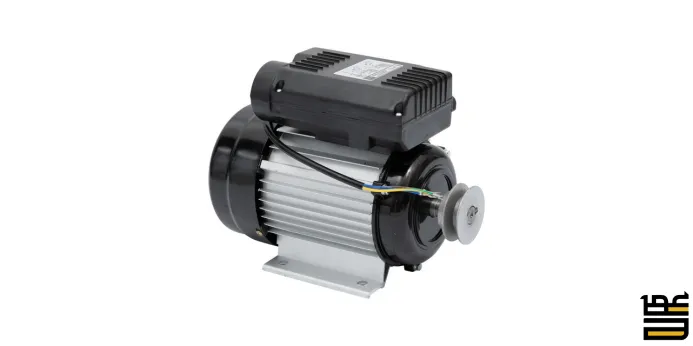
Annual Revenue
Siemens’ annual revenue for 2023 was $83.112 billion, a 6.5% increase from 2022. This represents a continued growth trend for the company, which has seen its revenue increase steadily in recent years.
As you can see, Siemens’ revenue has grown significantly in recent years. This growth is due in part to the company’s focus on digitalization, automation, and other growth markets. Siemens is also investing in new technologies such as artificial intelligence and machine learning, which are expected to drive further growth in the coming years.
Siemens Export Policy
Siemens has a robust Export Policy that dictates the company’s approach to exporting its products and technology globally. This policy is driven by the need to comply with various national, international, and supranational regulations regarding export control and customs.
Key principles of the Siemens Export Policy:
Compliance: Siemens adheres to all applicable export control regulations, including those of the United States, European Union, and other relevant countries. Siemens in Iraq is committed to operating in a sustainable and environmentally responsible manner.
Risk Management: Siemens implements a comprehensive risk management system to identify, assess, and mitigate potential export control violations.
Screening: Siemens screens all export transactions to ensure compliance with relevant regulations.
Training: Siemens provides employees with training on export control regulations and procedures.
Auditing: Siemens conducts regular audits to ensure compliance with its Export Policy.
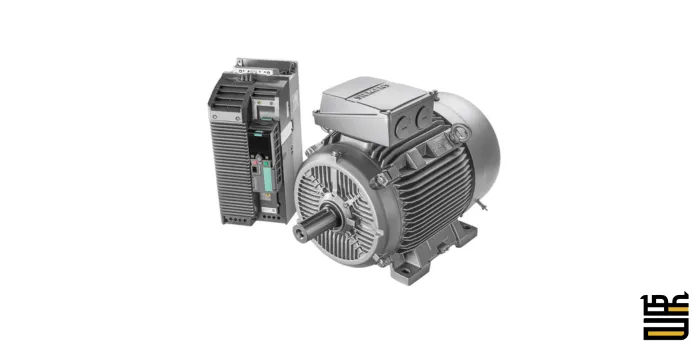
Siemens Environment Policy
Siemens has a long-standing commitment to environmental sustainability. The company’s Environment Policy outlines its key principles and goals for protecting the environment, minimizing its own environmental footprint, and contributing to a more sustainable future.
Key principles of the Siemens Environment Policy:
Environmental protection: Siemens is committed to complying with all applicable environmental laws and regulations, and to going beyond compliance whenever possible.
Climate change: Siemens recognizes the threat posed by climate change and is committed to reducing its greenhouse gas emissions. The company has set a science-based target to achieve net-zero emissions by no later than 2050.
Resource conservation: Siemens is committed to conserving natural resources, such as water and energy. The company is also committed to reducing its waste generation and promoting recycling and reuse.
Product stewardship: Siemens is committed to designing and manufacturing products that are environmentally friendly throughout their lifecycle.
Supplier sustainability: Siemens is committed to working with suppliers that share its commitment to environmental sustainability. Siemens in Iraq is facing some challenges, such as security concerns and corruption, but the company is confident that it can overcome these obstacles and continue to make a positive impact in the country.
Employee All Around the World
Siemens, a multinational conglomerate company headquartered in Munich, Germany, boasts a diverse workforce of approximately 320,000 employees across more than 190 countries. This impressive global reach is what truly sets Siemens apart, allowing the company to tap into a vast pool of talent and expertise from all corners of the earth.
These employees represent a multitude of cultures, backgrounds, and perspectives, all working together towards a common goal: shaping the future of industry. From engineers and scientists to marketing professionals and human resources specialists, Siemens employees play a vital role in driving innovation and progress in a variety of fields, including:
Energy: Siemens is a leader in the energy sector, developing and implementing sustainzsolutions for power generation, transmission, and distribution.
Healthcare: The company is also at the forefront of medical technology, offering a wide range of products and services for diagnostics, treatment, and patient care.
Industry: Siemens provides cutting-edge automation and digitalization solutions for industries such as manufacturing, automotive, and aerospace.
Infrastructure: The company is committed to developing and improving infrastructure solutions for transportation, cities, and buildings.
Finance: Siemens Financial Services offers a comprehensive range of financial solutions to support businesses of all sizes.
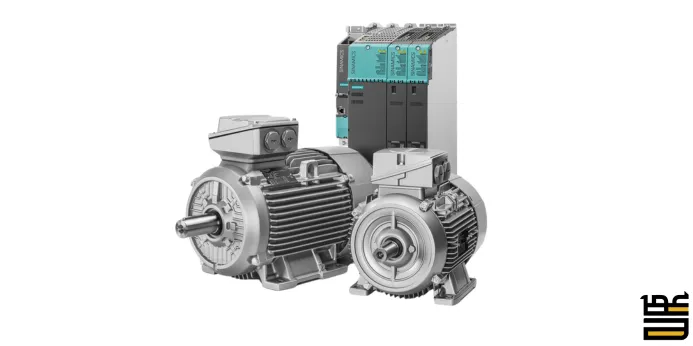
Supply and Stock Management
Siemens has a complex and sophisticated supply and stock management system in place to support its global operations. The company’s supply chain involves a network of suppliers, manufacturers, distributors, and customers located around the world. Siemens relies on efficient and effective supply and stock management to ensure that the right products are available in the right quantities at the right time to meet customer demand. The future of Siemens in Iraq is bright, as the company is well-positioned to capitalize on the country’s growing economy and infrastructure needs.
Siemens' Role in Iraq's Oil and Gas Industry
Siemens Energy has been a significant player in Iraq’s oil and gas industry for over 50 years. The company has provided a wide range of products and services to the country’s energy sector, including power generation equipment, oil and gas production equipment, and automation and control systems.
Siemens Energy has been involved in several major projects in Iraq’s oil and gas industry, including the development of the West Qurna-1 field and the construction of the Al-Faw power plant. The company has also played a key role in upgrading Iraq’s existing infrastructure and training Iraqi engineers and technicians.
In recent years, Siemens Energy has been working with the Iraqi government to develop a comprehensive energy plan for the country. The company is helping to develop new power generation capacity, improve transmission and distribution networks, and promote the use of renewable energy sources.
Siemens Energy is committed to helping Iraq achieve its energy goals and improve the lives of its people. The company is confident that its expertise and experience will help Iraq become a leading energy producer in the Middle East.
Siemens Energy’s work in Iraq has had a significant positive impact on the country’s economy and society. The company’s investments have helped to create jobs, improve energy security, and reduce pollution. Siemens Energy is committed to continuing its work in Iraq and helping the country achieve its energy goals.
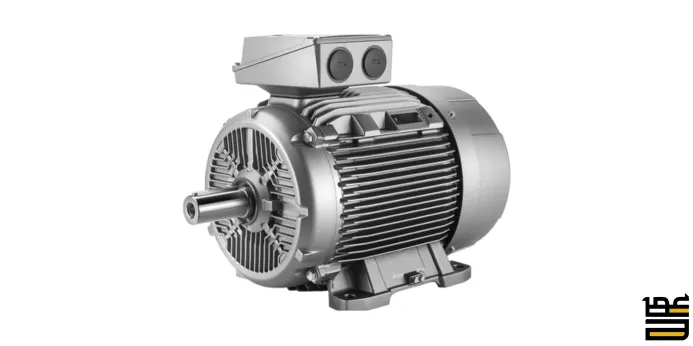
Siemens and Iraq: A Partnership for Progress
Siemens and Iraq share a long history of collaboration, dating back to the early 1900s. In recent years, this partnership has intensified as Iraq seeks to rebuild its infrastructure and modernize its economy.
Siemens’ Role in Iraq’s Reconstruction
Siemens is playing a key role in Iraq’s reconstruction efforts, providing a wide range of products and services across various sectors. These include:
-
Power generation: Siemens is helping Iraq to modernize its power grid and increase its electricity production capacity. The company has signed contracts to supply turbines and generators to various power plants in Iraq, and it is also providing consulting and engineering services.
-
Transport: Siemens is helping Iraq to develop its transportation infrastructure, including railways, metro systems, and airports. The company has supplied signaling systems, trains, and locomotives to various transport projects in Iraq.
-
Healthcare: Siemens is helping Iraq to improve its healthcare sector by providing medical equipment, such as MRI scanners and X-ray machines. The company is also working with Iraqi hospitals to develop telemedicine programs.
-
Manufacturing: Siemens is helping Iraq to develop its manufacturing sector by providing automation and control systems, as well as machine tools and other industrial equipment. The company is also working with Iraqi companies to develop new products and processes.
Benefits of the Siemens-Iraq Partnership
The partnership between Siemens and Iraq is mutually beneficial. Siemens is expanding its market share in the Middle East, while Iraq is gaining access to cutting-edge technology and expertise that will help it to rebuild its economy.
Here are some of the specific benefits of the partnership:
-
Job creation: Siemens is creating jobs in Iraq by investing in its infrastructure and economy. The company is also providing training and skills development opportunities for Iraqi workers.
-
Economic growth: The partnership is contributing to Iraq’s economic growth by increasing investment and productivity. Siemens’ technologies are helping to improve efficiency and sustainability in various sectors.
-
Skills transfer: Siemens is transferring its knowledge and expertise to Iraqi companies and institutions, helping to build a skilled workforce in Iraq.
The Siemens-Iraq partnership is a key example of how international cooperation can help to promote economic development and progress. As Iraq continues to rebuild its economy, Siemens will continue to play a vital role in its future success.
Collaboration with Customers
Siemens has a strong commitment to collaborating with its customers throughout the entire product lifecycle, from initial concept development to ongoing service and support. This collaborative approach is essential for Siemens to achieve its goal of creating sustainable value for its customers and shareholders.
Collaboration is essential for Siemens to achieve its goal of creating sustainable value for its customers and shareholders. By working closely with its customers, Siemens can develop products and services that are tailored to their specific needs. This can lead to improved product quality, reduced costs, increased customer satisfaction, and enhanced innovation.
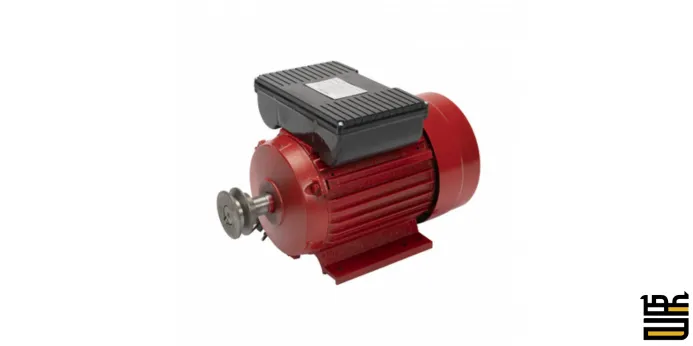
Future in the Middle East
The winds of change are blowing across the Middle East, and Siemens is at the forefront, poised to capitalize on the region’s immense potential. With a keen eye on flourishing markets like Iraq, Oman, UAE, Dubai, and Turkey, the company is embarking on a strategic expansion, investing heavily in the construction of new manufacturing facilities and the meticulous development of robust sales and service networks.
At the heart of this ambitious endeavor lies an unwavering commitment to empowering regional customers with cutting-edge technology solutions. Siemens’ dedication extends far beyond mere product delivery; the company strives to forge genuine partnerships, collaborating with customers to optimize their operations and propel them towards achieving their unique business goals.
Beyond its unwavering commitment to regional success, Siemens stands tall as a global leader in technology solutions. Sustainability, employee development, customer collaboration, supply chain optimization, and unwavering dedication to innovation are the pillars upon which the company’s success rests. This potent combination, coupled with a diverse portfolio of products and services, positions Siemens as a pivotal player in the industries it serves. As the company continues to evolve and expand its offerings, its position as a global leader will undoubtedly remain unchallenged for years to come. Siemens in Iraq is an important example of German-Iraqi cooperation and serves as a model for future partnerships between the two countries.
Siemens in Iraq
In the heart of Iraq’s bustling oil and gas industry, Siemens has firmly established itself as a key player, its presence felt across various sectors. From providing cutting-edge automation systems that optimize production processes to delivering high-performance turbines and compressors, the company has become a trusted partner for major players in the field. Siemens’ unwavering commitment to innovation and efficiency has led to tangible results, helping oil and gas companies significantly reduce costs and maximize output.
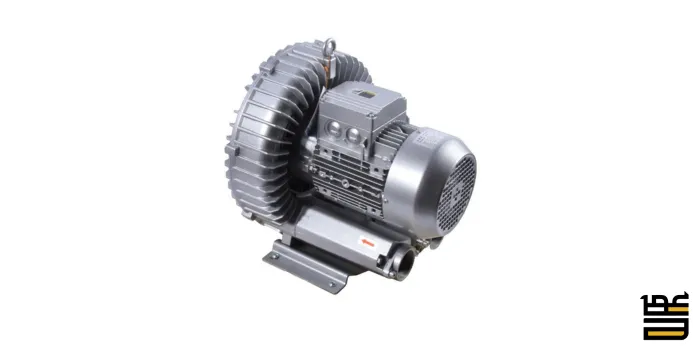
Siemens in Oman
Siemens’ presence in Oman’s oil and gas sector goes beyond mere product delivery. The company has woven itself into the very fabric of the industry, providing a comprehensive suite of solutions that empower leading players to reach new heights of operational excellence. From the thrumming power of turbines to the precise guidance of automation systems, Siemens’ expertise permeates every stage of the extraction process, optimizing performance and unlocking significant efficiency gains. This collaborative partnership has fueled Oman’s oil and gas industry, propelling it towards a future of sustainable growth and prosperity. Siemens in Iraq is a story of success and resilience, and the company is committed to playing a role in the country’s long-term development.
Siemens in Middle East
Siemens has woven its innovative threads into the fabric of the Middle East’s industrial landscape, partnering with leading players in oil and gas, petrochemicals, refining, and power generation. Their diverse range of products and services has empowered these industries, driving efficiency and cost reduction to new heights.
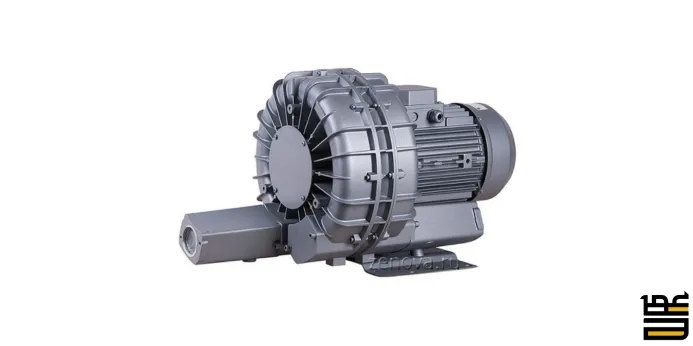
Siemens in Turkey
Siemens, a global leader in innovative technology, boasts a strong presence in Türkiye, supporting a range of industries like oil and gas, petrochemicals, refining, and power generation. Their collaboration with leading companies in the region has resulted in optimized operations and significant efficiency improvements.
Siemens’ commitment to innovation and customer service has positioned them as a valuable asset for businesses worldwide, helping them optimize operations and unlock greater productivity. As the industrial landscape evolves, Siemens is poised for continued growth and expansion, remaining a key player in shaping the future of industry.
Emaad, a leading supplier of Siemens products in the Middle East, is proud to offer these advanced solutions to petrochemical companies across Iraq, Oman, Turkey, the United Arab Emirates, Dubai, and beyond. Leveraging their extensive industry expertise and experience, Emaad empowers clients to leverage Siemens’ cutting-edge technologies for optimized operations and achieving strategic goals.
From implementing advanced automation systems to integrating digital solutions and providing reliable support and maintenance, Emaad is dedicated to delivering value and driving success for its clients, playing a vital role in the success of the Middle East’s thriving petrochemical sector.
